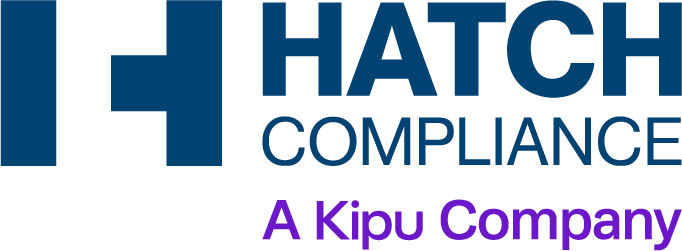As the landscape of behavioral healthcare continues to evolve, staying abreast of compliance trends is essential for organizations aiming to provide high-quality care while adhering to regulatory standards. The year 2023 has brought several significant trends to the forefront, shaping the way behavioral healthcare providers approach compliance. Understanding these trends can help organizations navigate the complexities of regulatory requirements and enhance their overall compliance strategies.
One prominent trend is the increasing emphasis on data privacy and security. With the rise of digital health records and telehealth services, protecting patient information has become more critical than ever. Regulatory bodies are enforcing stricter guidelines to ensure the confidentiality and integrity of health data. Healthcare organizations must implement robust cybersecurity measures and regularly update their protocols to safeguard against data breaches and cyberattacks.
Another key trend is the integration of advanced compliance technologies. Compliance management systems equipped with artificial intelligence and machine learning capabilities are becoming more prevalent. These technologies help automate compliance tasks, monitor regulatory changes in real-time, and provide predictive analytics to identify potential compliance risks. By leveraging these tools, healthcare providers can streamline their compliance processes and maintain up-to-date adherence to regulations.
Additionally, there is a growing focus on value-based care and outcomes measurement. Regulatory frameworks are increasingly linking compliance requirements to patient outcomes and quality of care metrics. Behavioral healthcare providers are encouraged to adopt practices that not only meet regulatory standards but also demonstrate tangible improvements in patient health and well-being. This shift requires organizations to invest in continuous quality improvement initiatives and track performance metrics diligently.
The role of telehealth in behavioral healthcare compliance has also expanded. The COVID-19 pandemic accelerated the adoption of telehealth services, and regulatory bodies have adapted by updating compliance guidelines to include virtual care provisions. Ensuring compliance with telehealth regulations involves addressing issues such as patient consent, data security, and interstate licensure. Organizations must stay informed about these evolving guidelines to continue providing compliant telehealth services.
In conclusion, the trends in behavioral healthcare compliance for 2023 and beyond highlight the importance of data privacy, advanced technologies, value-based care, and telehealth. Staying informed and adapting to these trends is crucial for maintaining regulatory compliance and delivering high-quality care. For those seeking expert guidance in navigating these trends and enhancing their compliance efforts, Hatch Compliance offers invaluable support to ensure organizations meet and exceed regulatory standards.
Key Behavioral Healthcare Compliance Trends:
- Emphasis on data privacy and security
- Integration of advanced compliance technologies
- Focus on value-based care and outcomes measurement
- Expansion of telehealth compliance guidelines
- Continuous quality improvement initiatives
For further assistance or inquiries, contact Hatch Compliance, the compliance experts, at www.HatchCompliance.com, Info@hatchcompliance.com, or (888) HATCH-30.














